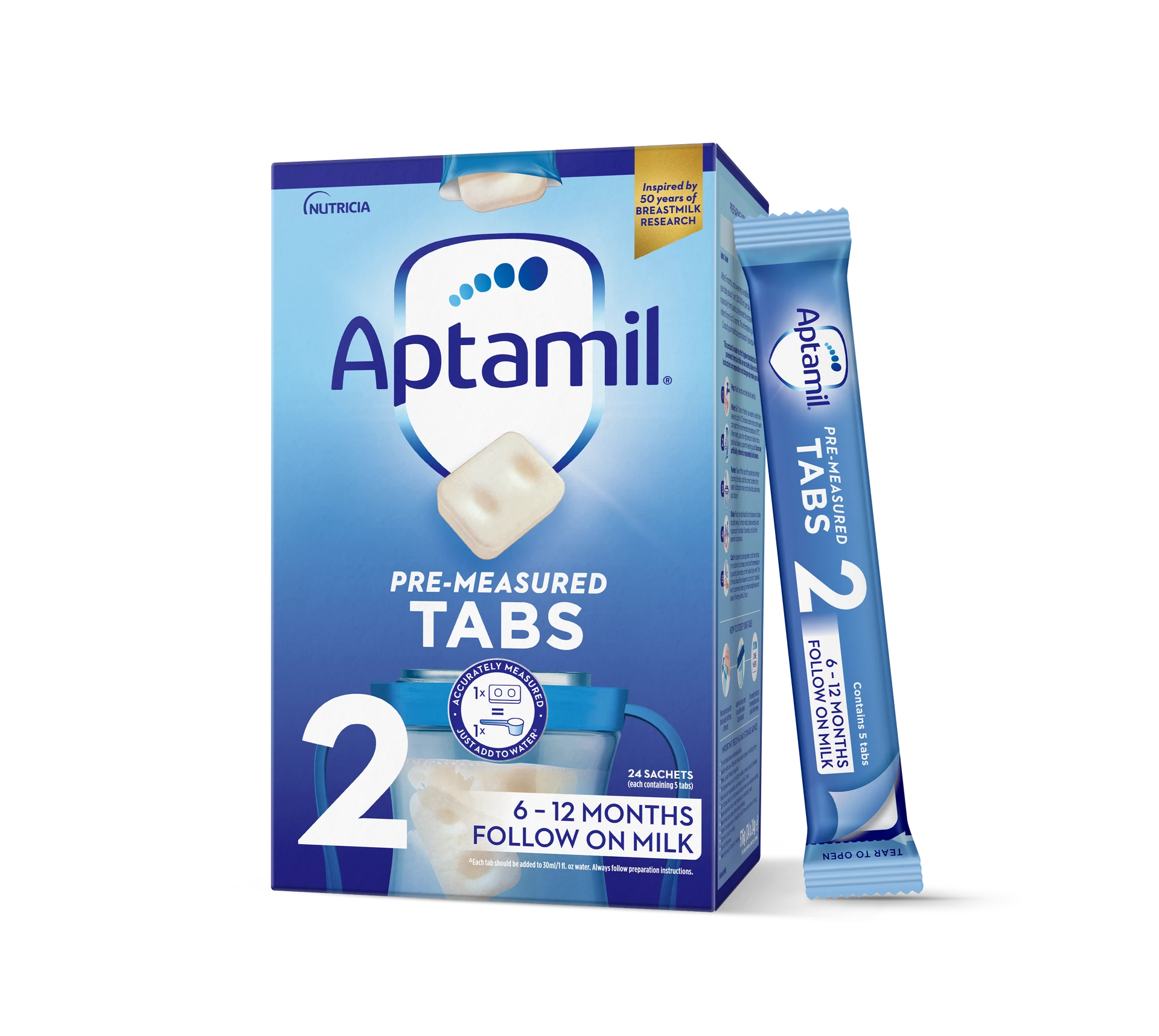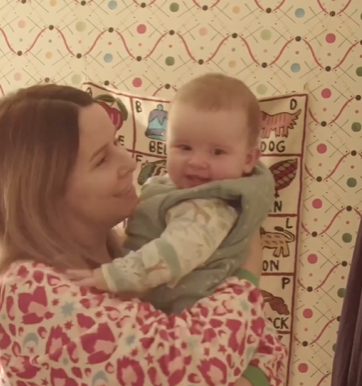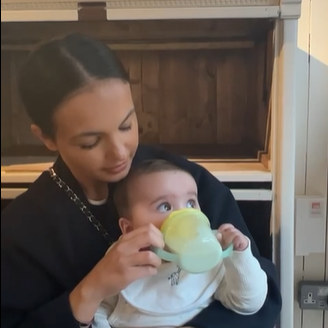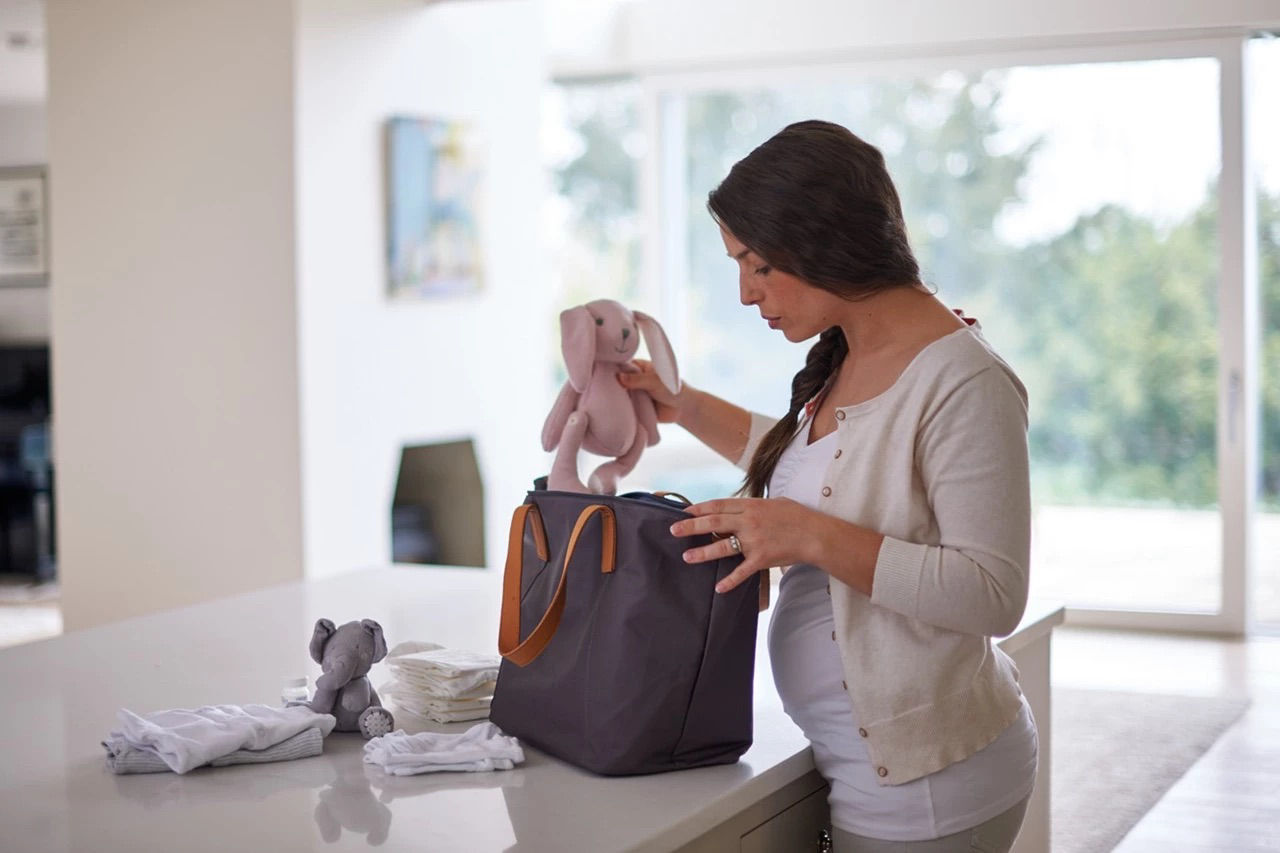WHY APTAMIL?
Discover why we’re the UK’s No.1 brand
Recommended products
Parents and babies also love these
reviews
What parents say about Aptamil
SUGGESTED topics BY APTAMIL
Tips from our experts

Get in touch with our Careline experts
Our midwives, nutritionists and feeding advisors are always on hand to talk about feeding your baby. Need instant assistance? Our WhatsApp Customer Support team is here to help on-the-go!
The UK's No 1 Brand according to Circana: Follow on Milk total volume sales MAT 52 w/e 24.02.24
GOS/FOS - Compared to Follow On Milks in the UK & Irish market, as of April 2024. Unique refers to the combination of amount and ratio of GOS/FOS used in Aptamil Follow On Milks.
Important notice
Breastfeeding is best. Follow-on milk should only be used as part of a mixed diet from 6 months. Talk to your healthcare professional.














